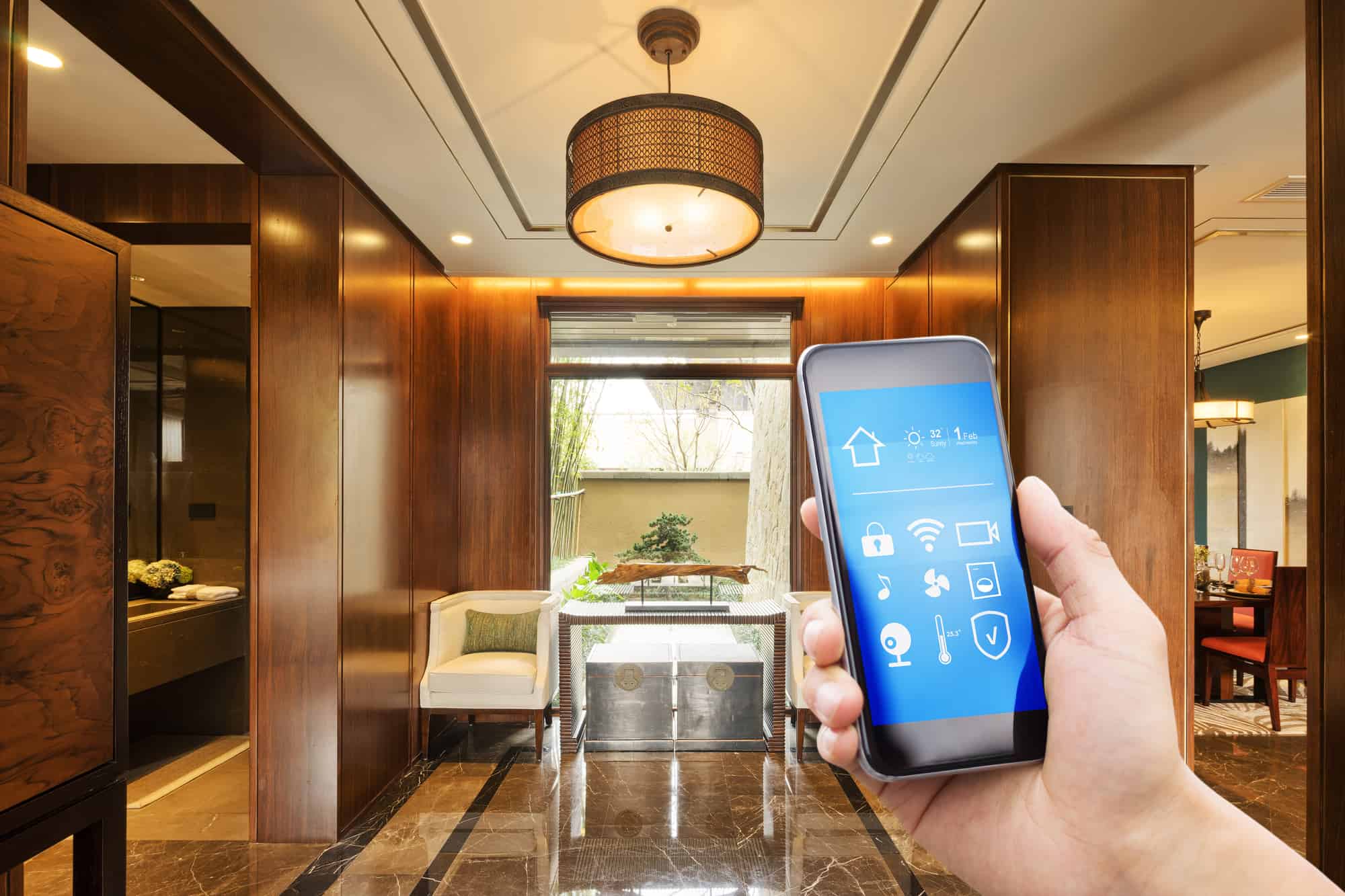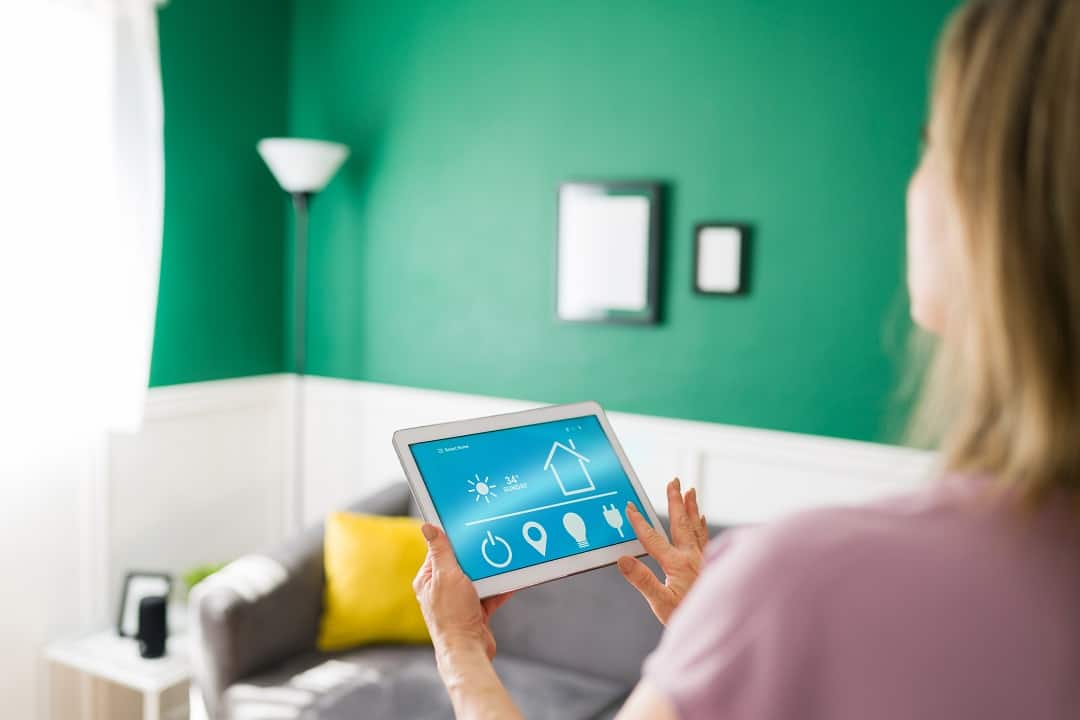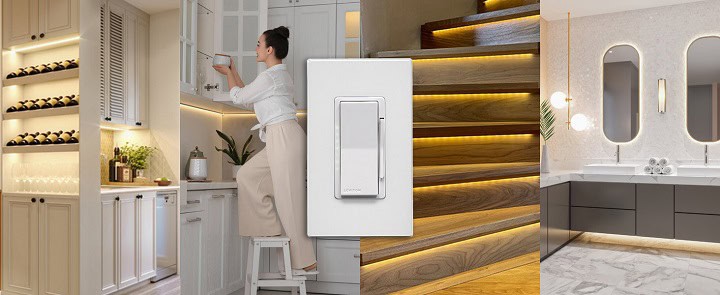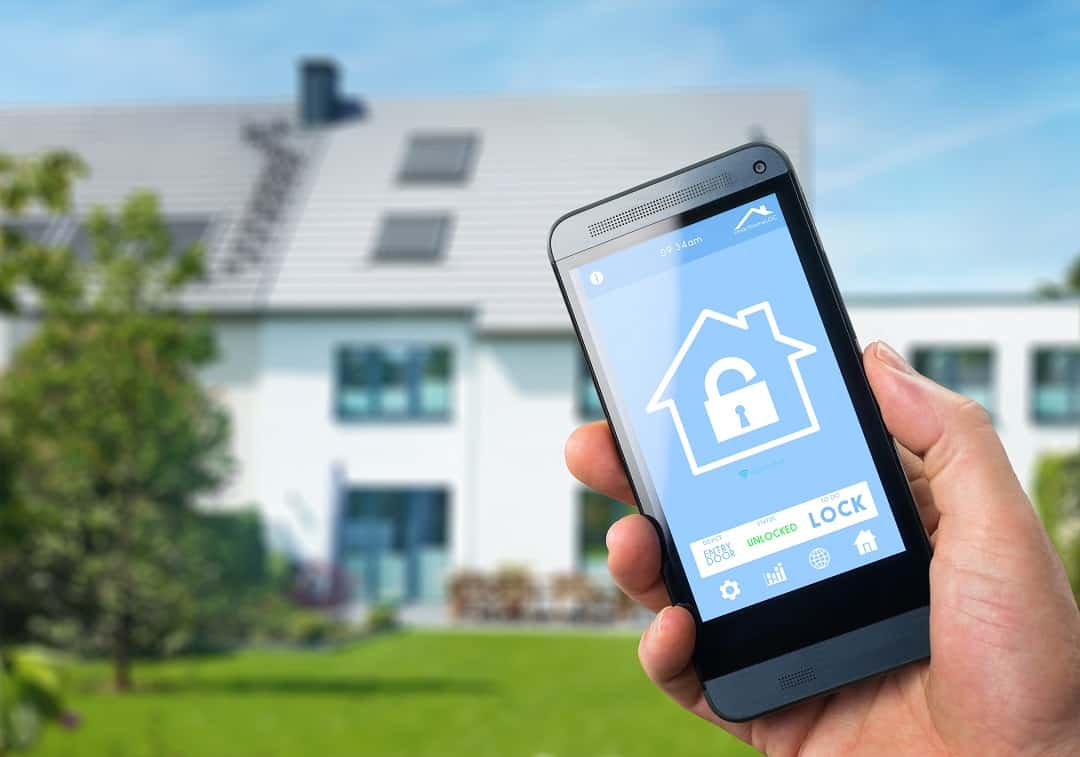Smart lights are becoming a popular choice for homeowners and businesses looking to improve their lighting solutions. Compared to normal lights, smart lights offer a range of advantages that add convenience, energy efficiency, and customization to your home. This post explores the various benefits of using smart lights over traditional lighting options. We’ll talk about how smart lighting solutions can enhance daily living by offering control through mobile devices, scheduling features, and the potential to reduce electricity bills. Whether you’re considering an upgrade to your home or simply curious about smart lights, understanding the differences between smart lights and normal lights can be a useful step in making informed decisions about your lighting needs.
What are Smart Lights?
Let’s start by talking about what smart lights are. Smart lights are lights that connect to a communication network and can be controlled by it. This can include things like smart bulbs, smart plugs, smart switches, or more unique lighting solutions like light strips or even holiday lights! These light fixtures connect to many different types of communication networks, from Bluetooth or RF controlled to Wi-fi, Zigbee or Z-wave controlled. There are many different types of smart lighting systems available.
The easiest way to add smart lights into your home would be to either replace your regular bulbs with smart bulbs, or to plug a device like a lamp into a smart outlet. This allows you to easily add smart control to your light fixture without having to replace the wall switch.
Smart Lights Add Convenience
Smart lights give remote access and control over your lights. This lets you manage your home lighting from any location using a mobile device or a computer. This means you can turn lights on or off, dim them, or change the color of the lighting from the couch or the other side of the country. This can be particularly useful when away from home, as it makes your home look occupied and less tempting to thieves.
Smart lights can also connect to your home management system such as Amazon Alexa, Apple Homekit, or Google Home. This allows your smart light system to communicate with other connected devices in a home, such as thermostats, security cameras, and voice assistants. This lets you have advanced automated routines, like having the lights turn on when the security system is disarmed or when someone enters a room. Connecting your smart lights to a voice assistant also allows you to use voice commands to control your lights. It simplifies the management of home devices, leading to a more efficient and responsive living environment.
Energy Efficiency and Cost Savings from Smart Lights
Smart lights are known for their reduced energy consumption compared to normal lights. This is largely because smart lights often use LED technology, which requires significantly less energy to produce the same amount of light as traditional incandescent bulbs. Additionally, smart lights can be controlled remotely and programmed to turn off when not in use or to adjust their brightness based on the time of day, contributing to lower energy usage.
When considering the long-term financial benefits, the initial higher cost of smart lights is often offset by their longevity and the savings on energy bills. Normal, incandescent lights tend to have a shorter lifespan and need to be replaced more frequently, which adds to the overall cost over time. In contrast, smart lights can last many times longer and contribute to a decrease in electricity costs due to their energy-efficient nature.
Customizing your Home with Smart Lights
Smart lights allow you to easily customize your home and it’s mood. Having lights automatically turn on at dusk or off at dawn is one of the more basic ways that smart lights can be customized to work in your home. However, there are even more advanced customizations you can make with smart lights. How about lights that change their color temperature to match time of day and help your sleep cycle? Or lights that change colors to alert you of important things like trash day? With smart lights and a smart home controller, customizing the lights in your home is super easy and only limited by your imagination.
In Summary
Smart lights offer several advantages over regular lights, including convenience, energy efficiency, and customizable settings. They can be controlled remotely and offer a range of colors and brightness levels, which can contribute to mood setting and circadian rhythm regulation. While they may come with a higher upfront cost compared to traditional bulbs, the potential savings on energy bills and replacement costs can make them a cost-effective option in the long run. Smart lights also integrate with other smart home devices, providing a more connected and automated home environment.





